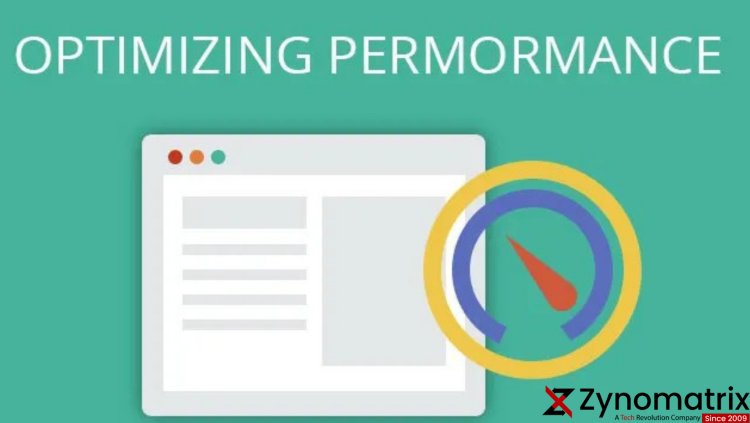"Optimizing PHP Performance: Speeding Up Your Web Apps"
"Boost the speed and responsiveness of your web applications with these proven strategies for optimizing PHP performance. Learn how to make your PHP-powered web apps load faster, providing users with a seamless and enjoyable experience."

Introduction:
In the world of web development, speed matters. Slow-loading websites can lead to frustrated users, increased bounce rates, and lower search engine rankings. PHP, as a server-side scripting language, plays a crucial role in the performance of your web applications. In this blog post, we'll explore various strategies and techniques to optimize PHP performance and accelerate your web apps.
Choose the Right PHP Version:
The first step in optimizing PHP performance is to ensure you're using the latest version. New PHP releases often come with performance improvements and security enhancements. Upgrading to a newer version can significantly boost the speed of your applications. Additionally, consider using PHP 7 or later versions, as they introduced significant performance enhancements, including the Zend Engine improvements, making them faster than their predecessors.
Use Opcode Caching:
To avoid the overhead of parsing and compiling PHP code on every request, implement an opcode cache like APCu, OPcache, or XCache. Opcode caches store the compiled bytecode in memory, allowing PHP to skip the parsing and compilation steps for subsequent requests. This can result in a substantial performance improvement, especially for applications with a lot of PHP files.
Optimize Database Queries:
Database queries are often a bottleneck in web applications. Ensure that your SQL queries are optimized by using indexes, avoiding SELECT *, and fetching only the data you need. Consider using an Object-Relational Mapping (ORM) library like Doctrine or Eloquent to generate efficient queries. Caching database query results, when appropriate, can also reduce database load and improve response times.
Implement Caching Mechanisms:
Caching is a powerful technique for reducing server load and speeding up web apps. Utilize caching mechanisms like Memcached or Redis to store frequently accessed data in memory. Implement page caching to serve static or semi-static content directly without executing PHP scripts for every request. Content delivery networks (CDNs) can also be leveraged to cache and serve static assets like images, stylesheets, and scripts closer to the end-users, further reducing load times.
Minimize HTTP Requests:
Reducing the number of HTTP requests required to load a page can significantly improve performance. Combine and minify CSS and JavaScript files to reduce the number of requests for external resources. Use image sprites or lazy loading for images to defer loading until they are visible in the viewport. These techniques can lead to faster page rendering and improved user experience.
What's Your Reaction?





















